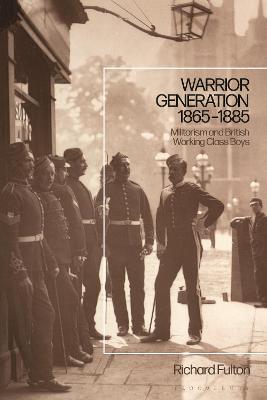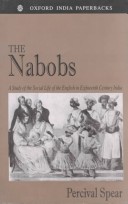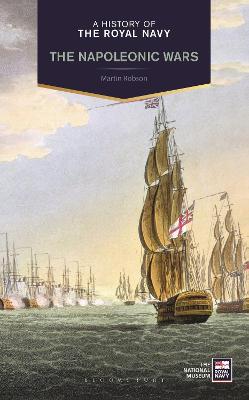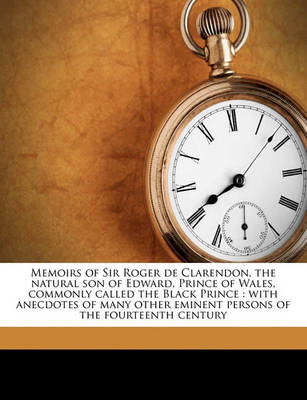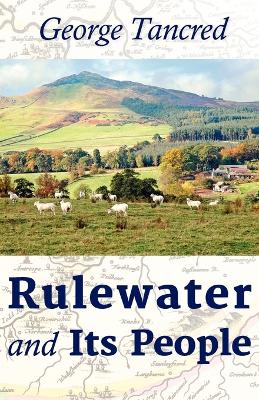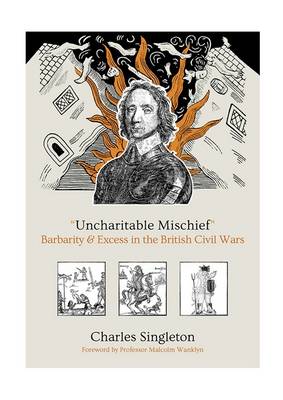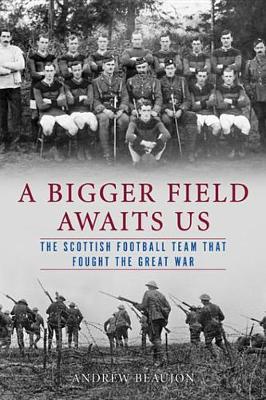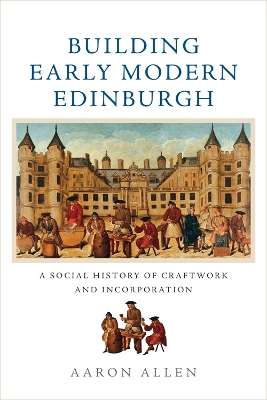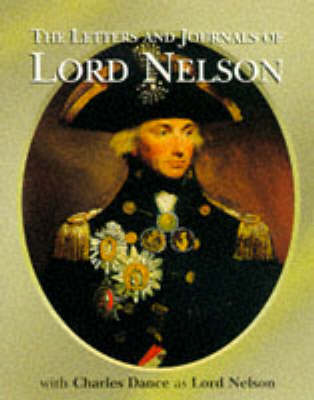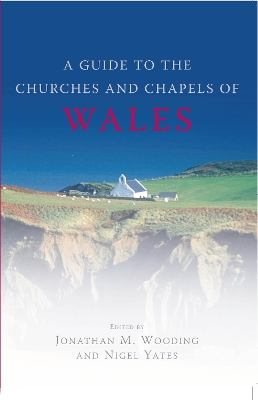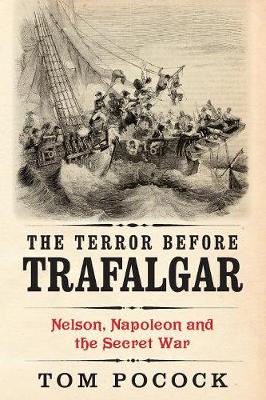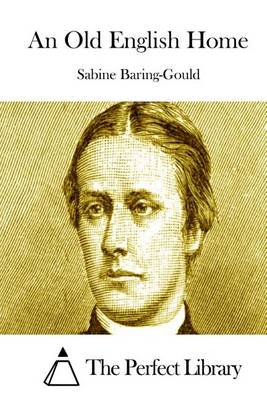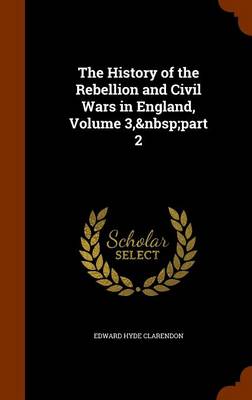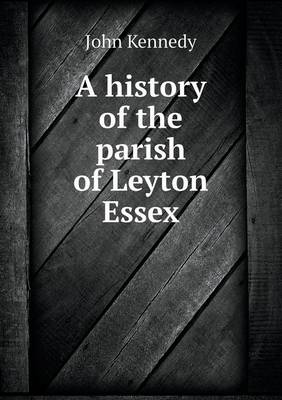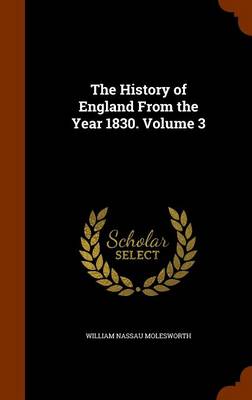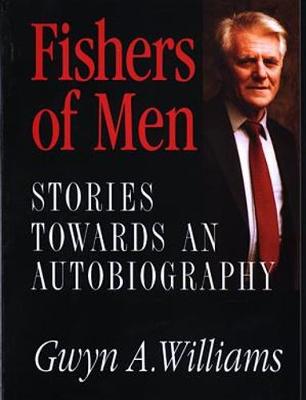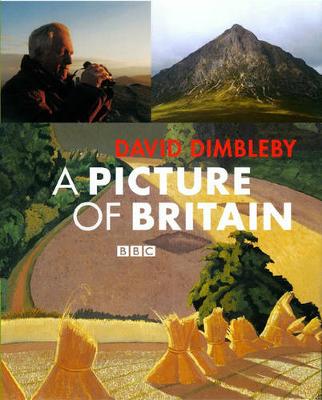Richard Fulton's Warrior Generation 1865-1885 fundamentally rethinks the efficacy of an institutional drive among influential middle-class opinion leaders to militarize lower-class boys in Victorian Britain. He contends that instead of engendering the desired cultural militarism, as has been commonly argued, their push had merely contributed to a fast-developing culture of adventure and masculinity. Challenging this popular assumption, Fulton carefully reexamines many of the oft cited touchston...
This entertaining account of the English in India studies the behavior and the customs of the English from the very first connections down to the end of the eighteenth-century. It attempts to trace and account for the various phases of the development of the social life of the English in eighteenth-century India. The author, the late Dr. Percival Spear (1901-1982) taught history at St. Stephen's College, Delhi, and was the author of The Oxford History of Modern India 1740-1975.
The French Revolutionary and Napoleonic Wars were the first truly global conflicts. The Royal Navy was a key player in the wider wars and, for Britain, the key factor in her eventual emergence as the only naval power capable of sustained global hegemony. The most iconic battles of any era were fought at sea during these years - from the Battle of the Nile in 1798 to Nelson's momentous victory at Trafalgar in October 1805. In this period, the Navy had reached a peak of efficiency and was unrival...
Memoirs of Sir Roger de Clarendon, the Natural Son of Edward, Prince of Wales, Commonly Called the Black Prince
by Clara Reeve
"Uncharitable Mischief": Barbarity & Excess in the British Civil Wars
by Charles S. Singleton
'The most lovable figure in modern politics' was how A.J.P Taylor described the Christian pacifist, George Lansbury. At 73 he took over the helm of the Labour Party of only 46 MPs in the Depression years of the 1930s. Throughout a remarkable life, Lansbury remained an extraordinary politician of the people, associated with a multitude of crusades for social justice. He resigned from Parliament to support 'Votes for Women', and for the next ten years edited the fiery Daily Herald. In 1921 Lansbur...
Much like in the present day, building a house in the sixteenth century involved masons, carpenters and glaziers, among others, and in many cities such trades had separate companies to govern their own affairs. In Edinburgh, however, they banded together in a single body - the Edinburgh Incorporation of Mary's Chapel. Building Early Modern Edinburgh traces the history of the organisation, which sought to control the capital's building trades and defend their privileges. By utilising a range o...
Despatches, Letters and Diary of Vice-Admiral Lord Viscount Horatio Nelson
by Viscount Horatio Nelson Nelson
Guide to the Churches and Chapels of Wales
by Nigel Yates and Jonathan Wooding
This book provides a comprehensive guide to the most important church and chapel buildings in Wales from the early Middle Ages to the present day. Introduced with an overview of religious history of the country, this invaluable guide explores and illustrates Wales's surviving churches and chapels by region, charting the fascinating story of religion in Wales. This carefully organised guide to welsh religious history, documents each building by area, providing an insightful description of each, i...
A Selection From the Papers of the Earls of Marchmont, Vol. 3 of 3
by Unknown Author
Nelson's victory at Trafalgar on 21 October 1805 was a pivotal event in European history. But Trafalgar was not simply an isolated battle fought and won in an afternoon - the naval campaign had in fact begun more than four years before. This extraordinary period, following Napoleon's threat to invade England in 1801, came to be known as The Great Terror, and Britain was on the alert. As the Grande Armee faced a Dad's army of English volunteers across the Channel, a secret war of espionage and su...
The History of the Rebellion and Civil Wars in England, Volume 3, Part 2
by Edward Hyde Clarendon
The History of England from the Year 1830. Volume 3
by William Nassau Molesworth
I have always loved painting and scenery. The connection between the British landscape seen by all of us with the naked eye and the same landscape seen through the eyes of artists, musicians and writers is fascinating. In A Picture of Britain I will be exploring these links and looking at their impact on our national character, seeking out the countryside we admire and the reasons we cherish it.? David Dimbleby Accompanying a major new BBC One series presented by David Dimbleby and an important...
